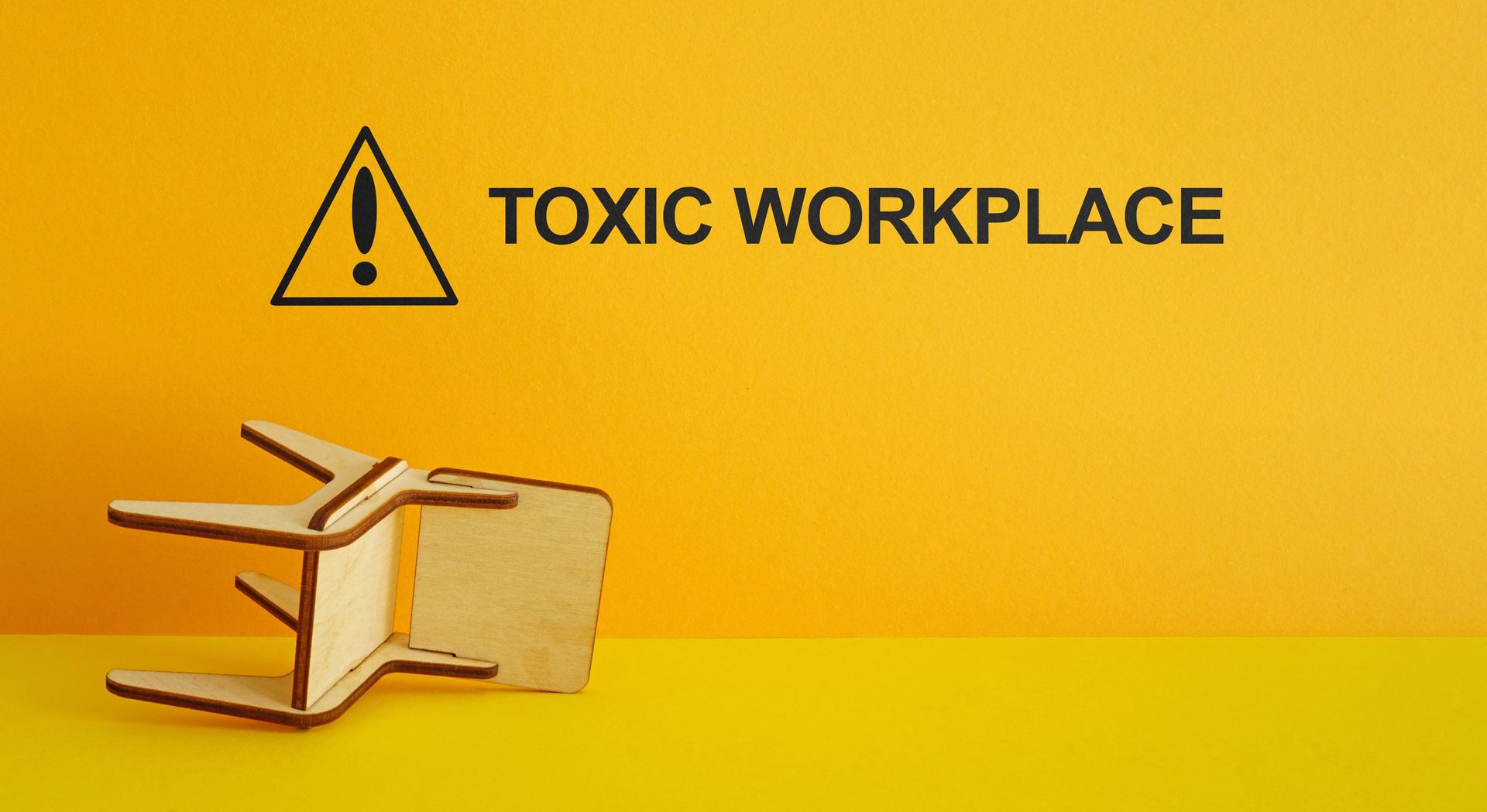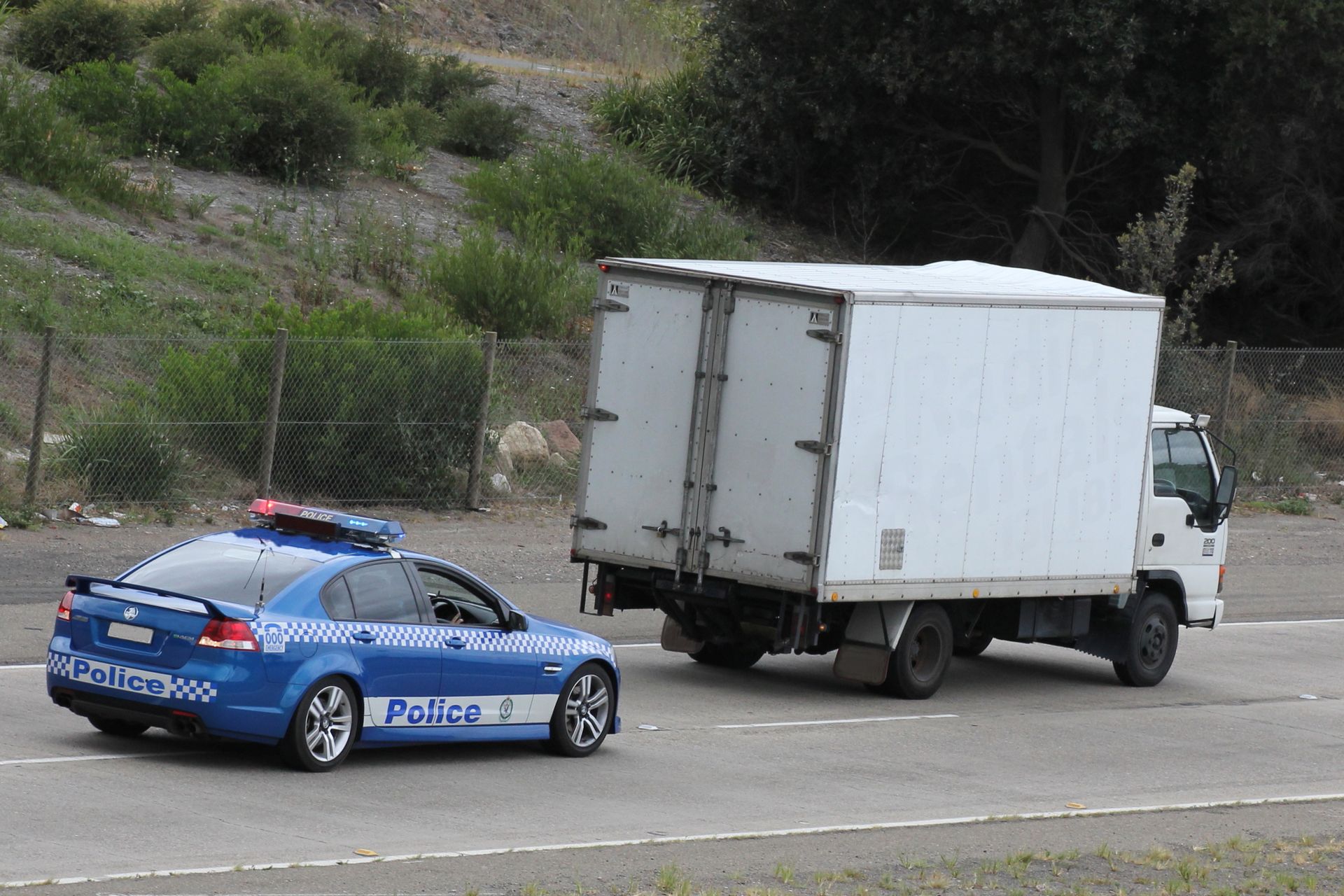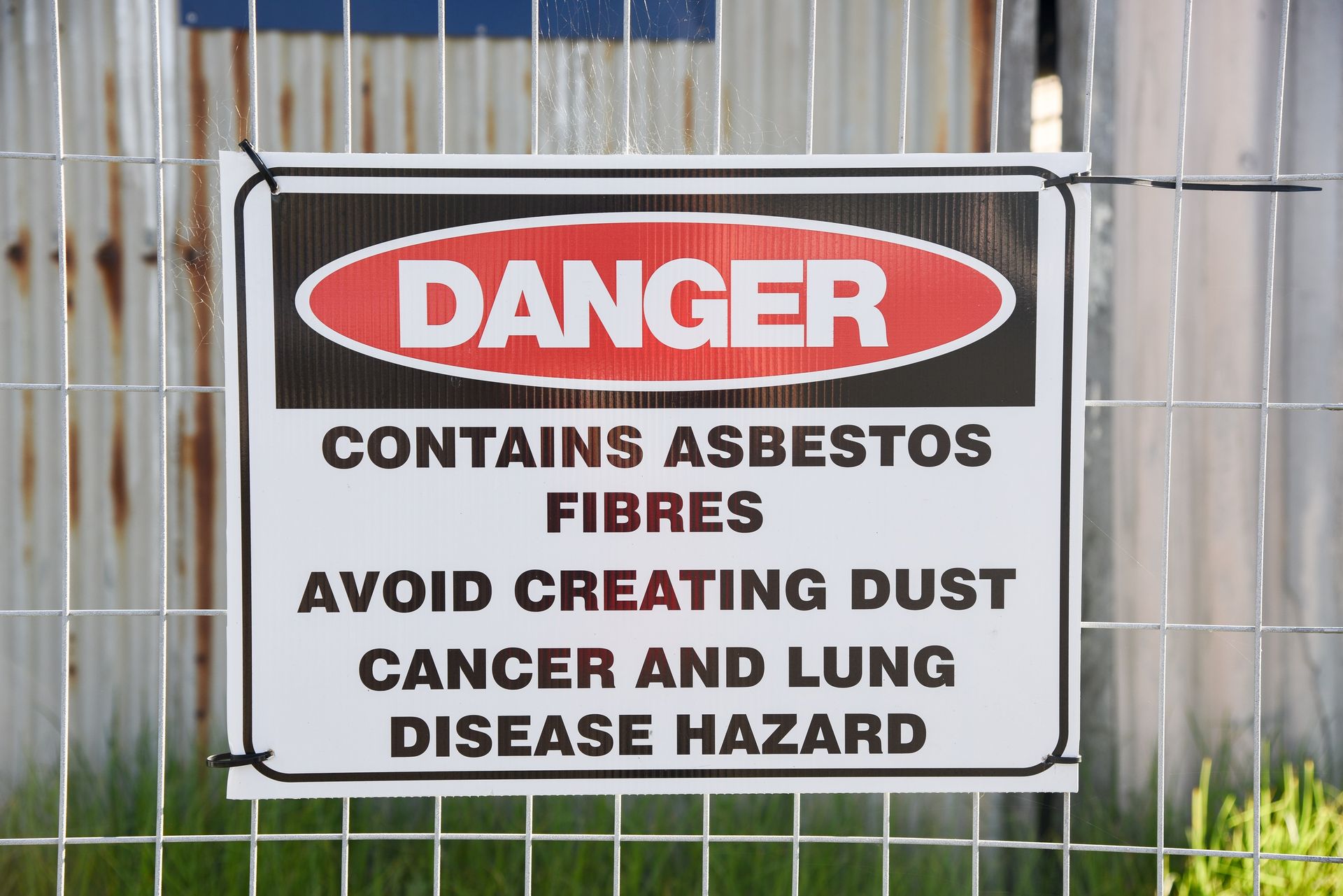Expertise
Children's Care & Protection
CARE & PROTECTION LAWYERS WOLLONGONG
Extensive Experience
Kells specialises in all areas of family law including children’s care and protection, child custody, child support, property and financial agreements and settlements.
Dedicated Team
Conveniently located in Wollongong and across the Illawarra region, our team offers the highest level of service, whilst remaining affordable and easy to talk to.
Trusted Family Lawyers
Nothing is more important to our team of family lawyers than upholding your rights and best interests throughout your legal process.
Here to Help
At Kells, our Wollongong lawyers have extensive knowledge in child protection matters and are committed to assisting parents and other parties involved in care proceedings. We understand that child protection cases can be deeply emotional and challenging, which is why we provide clear, practical legal advice and compassionate support throughout the process.
If you need assistance with a child protection matter, contact Kells today to speak with one of our lawyers. We are here to provide the expert legal support you deserve.
How Can Our Children’s Care & Protection Lawyers Help?
Care and protection matters in New South Wales are governed by the Care and Protection Act 1998 (NSW). These proceedings are typically initiated by the Department of Communities and Justice (DCJ), the government body responsible for child protection, and are heard in the Children’s Court of NSW.
Unlike family law disputes, care and protection cases arise from allegations of abuse, neglect, or other serious concerns that result in State intervention. These matters can have profound implications for families, making it absolutely essential to seek expert legal advice if you are involved in such proceedings.
At Kells, our solicitors are experienced in child protection matters and care proceedings. We offer expert advice and representation for parents and other parties.
Our team can guide you through your rights and responsibilities, represent you in court, and advocate for the best possible outcome for you and your family.
Whether you are a parent, grandparent, or other concerned party, we make sure your voice is heard and your concerns are addressed in the most effective and supportive way for your family.
Frequently Asked Questions
-
What is Care and Protection Law?
Care and protection law deals with cases initiated by the NSW Department of Communities and Justice (DCJ), previously known as Family and Community Services (FACS), in the NSW Children’s Court. These cases are different from private family law matters under the Family Law Act 1975 (Cth), as they focus on protecting children identified as ‘in need of care and protection’ or at ‘risk of serious harm.’
The Children and Young Persons (Care and Protection) Act 1998 (NSW) (the Care Act) sets out the circumstances under which a child may be found to need care and protection. If the court determines this to be the case, it can issue care orders. These may include transferring parental responsibility from one or both parents to the State or another suitable person, such as a relative.
-
What can the court do?
The Children’s Court has the authority to make several types of orders, including:
- Final Care Orders: Permanently altering parental responsibility for a child.
- Supervision Orders: Allowing DCJ to monitor the child’s welfare and care arrangements.
- Contact Orders: Enabling the child to maintain relationships with specific individuals.
- Undertakings: Commitments made by parties involved to act in the child’s best interests.
- Interim care orders can also be issued before the court reaches a final decision to ensure the child’s immediate safety.
Emergency Powers of DCJ
DCJ has the power to remove children from their homes without a warrant if it determines the child is at immediate risk of serious harm. If this occurs, the matter must be reviewed by the Children’s Court within a few days.
-
Who can participate in care proceedings?
In care proceedings, the Department of Communities and Justice (DCJ) and the biological parents of the child are parties to the case. The child is also represented by their own lawyer, which depends on the child’s age:
- An Independent Legal Representative (ILR) is appointed for children under 12 and acts in the child’s best interests.
- A Direct Legal Representative (DLR) is appointed for children aged 12 or older and follows the child’s direct instructions, similar to how a lawyer represents an adult client.
Other individuals with a ‘genuine interest’ in the child’s welfare, such as close relatives or family friends, can apply for rights of appearance. If granted, these individuals can fully participate in the case, including filing evidence, making submissions, and cross-examining witnesses. To secure rights of appearance, an application must be filed with the court, supported by relevant evidence.
Even without rights of appearance, a person who is significantly impacted by the court’s decisions may still have the right to be heard, although their role in the proceedings will be more limited.
If you’re seeking to participate in care proceedings, our team at Kells can provide you with legal support and guidance so you can manage this process effectively.
-
What does the court consider when deciding a case?
When deciding a care proceeding, the Magistrate prioritises the child’s safety, welfare, and wellbeing above all else. The court focuses on what is best for the child, even if this conflicts with the preferences or beliefs of the parents or other parties involved.
-
What happens in a care proceeding?
In care proceedings, the Magistrate initially makes interim orders for the child’s living and contact arrangements. Parties can present evidence and request changes if circumstances shift.
The court decides if the child is in need of care and protection based on factors like neglect, abuse, or lack of available caregivers. If so, the case proceeds to determine final care orders.
This process may include assessments of potential carers, care plans, and dispute resolution conferences. If no agreement is reached, a final hearing occurs where the Magistrate makes binding decisions prioritising the child’s wellbeing.
-
Is it possible to appeal a decision?
If you are dissatisfied with the final orders made in care proceedings, you have the right to appeal to the District Court for a rehearing of the case.
In certain limited circumstances, the Supreme Court may also hear child protection cases under its parens patriae jurisdiction, which allows it to act in the best interests of a child.
Kells can provide clear advice on whether an appeal or Supreme Court application may be appropriate for your situation.
-
Can final care orders be modified?
Under the Children and Young Persons (Care and Protection) Act 1998 (NSW), final care orders can be varied or rescinded if there has been a significant change in circumstances. In such cases, a person can apply to the Children’s Court to reopen the matter.
If the court grants leave to reopen the case, a new hearing will be held, allowing the party to seek changes to or the dismissal of previous final care orders. While the new case is underway, the court may issue fresh interim orders to address the immediate needs of the child.
If you believe a change in circumstances justifies reopening a case, Kells can help you pursue the right course of action.
OUR TEAM
Our Expert Lawyers
Get The Right Legal Advice for Your Care & Protection Matter
Call our Wollongong family law team today to discuss your matter.
Request a Callback
Need help with a legal matter? Send us your details and one of our team members will be in touch.
Quicklinks
Expertise
Read Our Latest Insights
Our Locations
© 2022 Kells Your Lawyers | ABN: 88 235 192 916
Liability limited by a scheme approved under Professional Standards Legislation











